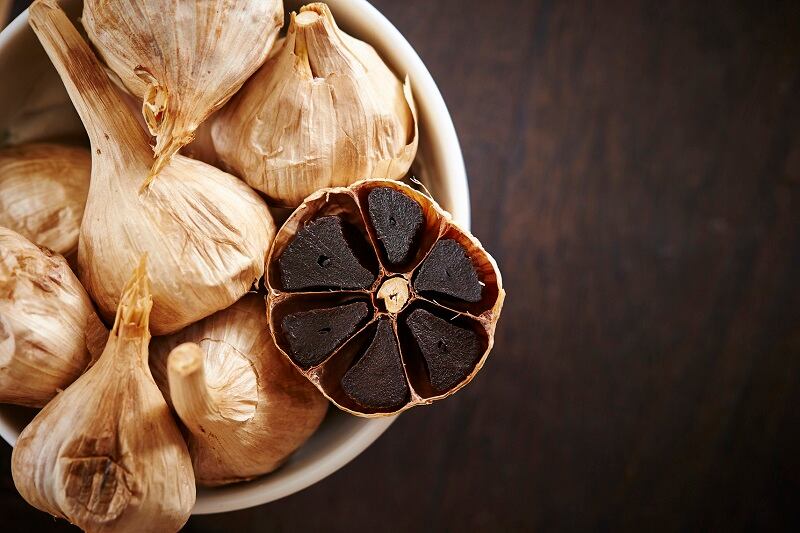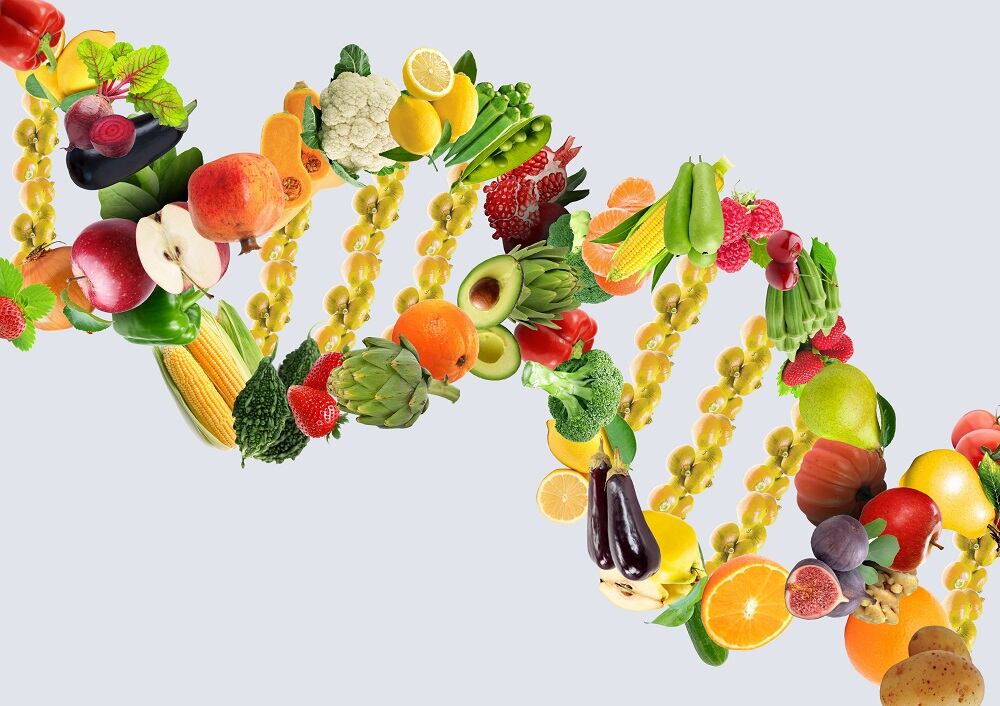As food formulators increasingly place the spotlight on scientific claims for ingredients that deliver functionality to appeal to the growing health-conscious consumer market, Spanish-based Pharmactive Biotech Products has introduced an aged black garlic extract for functional food applications and the culinary market.
Launched under the brand name, ABG10+, the Madrid-based company said Black garlic is a culinary delicacy that has been enjoyed for centuries, particularly in India and other Asian countries such as Thailand, South Korea, and Japan. It is traditionally produced by ageing whole bulbs of fresh garlic at high humidity and temperatures, a process that creates a deep black hue as well as a soft, jelly-like texture and sweet syrupy flavour. According to Pharmactive, in the West, aged black garlic has been rapidly trending as a compelling functional food used by professional chefs to flavour a range of savoury dishes.
Meanwhile, black garlic proponents enthuse its antioxidant properties. Studies have revealed that black garlic has higher amounts of antioxidants and biological activity than regular garlic. According to Pharmactive, 20 months of ageing provides better antioxidant effects than in other garlic preparations.
Biotech’s black garlic extract comes in powder form. It’s made via a Maillard reaction process which transforms fresh complex garlic compounds into more stable, simple, highly digestible, and potent antioxidant biomolecules. The enzymatic modifications deplete aged garlic of allicin, the substance that provides garlic of its typical pungent taste and flavour – so there’s no bad breath for consumers to worry about.
Julia Diaz, Head of Marketing of Pharmactive, told FoodNavigator: “It consists of controlled temperature and relative humidity, which eliminates the unpleasant sensorial characteristics of garlic while increasing the content of garlic in bioactive compounds. The resulting black garlic bulbs are used to produce a unique black garlic extract, with potent cardioprotective effects. The entire process is under protection. There are no additives, preservatives, or burning of any kind during the process.”
According to Diaz, the technique naturally enriches the garlic with its unique composition of SAC, polyphenols, and melanoidins, macromolecules responsible for the dark colour. All three compounds exert potent antioxidant effects, she said, claiming that in a recent pilot study ABG10+ demonstrated superior antioxidant capacity in comparison to other aged garlic extracts currently on the market.
‘An excellent candidate for functional foods’
The black garlic extract is a is “a highly stable and bioavailable biomolecule that works to reduce oxidative damage through its superior antioxidant and cardioprotective properties,” added Alberto Espinel, head of R&D for Pharmactive. “The ageing process reduces the allicin content and removes the pungent flavor associated with fresh garlic which tends to repel many consumers. The allicin is converted into a potent antioxidant complex and other bioactives characteristic of black garlic, plus boosts overall nutrient composition while increasing and releasing complex flavour notes. This makes it an excellent candidate for functional foods.”
‘Natural sweetness’
Diaz believes the extract, which she said gives a natural sweetness to foods, has the potential to meet growing consumer demand for healthful flavours in terms of its organoleptic versatility. “It offers food companies a unique opportunity to include in their products functional flavour and added value,” she said.
She said currently the aged black garlic extract ingredient has been successfully adapted into finished products and functional foods. It can be integrated into dry preparations, such as snack bars, endowing a natural sweetness or incorporated into condiments including purées, pastes, and extracts. It pairs especially well with robust sweeteners, such as molasses, for use in sauces, relishes, and chutneys, observed Diaz.
Pharmactive sources its garlic bulbs from a trusted Spanish grower and assumes full supply chain control on-field and throughout manufacturing. The company stressed it deploys meticulous microbiological and contaminant screening, including detection of noxious aflatoxins, pesticides, and heavy metals (as are found in some Chinese sources of garlic) and is continuously audited by regulatory agencies required to maintains its quality assurance ISO certifications.



